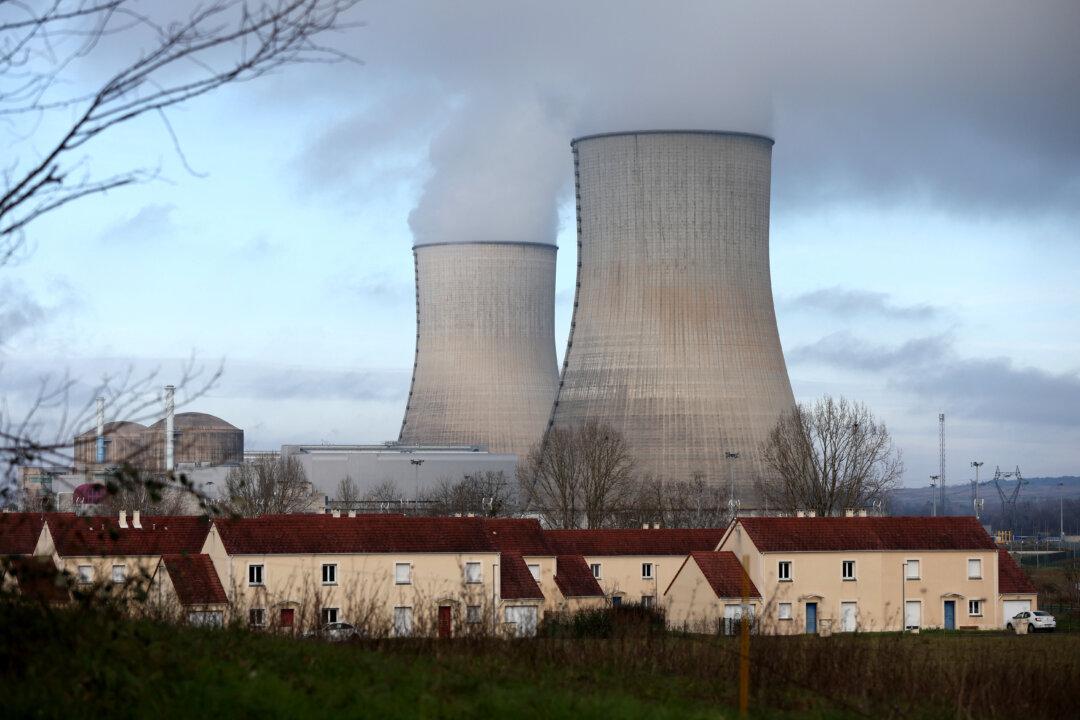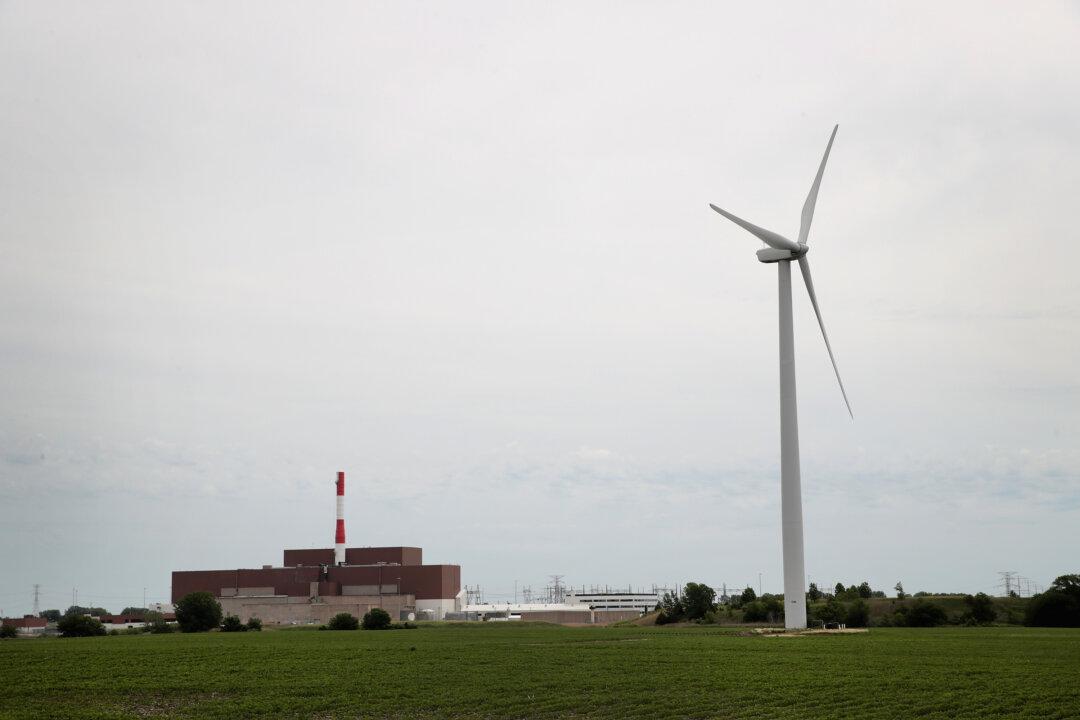Australians will have to pay more the next time they book their flight tickets as airlines are going to pass the steeply rising fuel costs on to customers soon, Qantas CEO has warned.
Although the seven percent increase was not massive compared to the 30 percent rise in petrol prices, it would have an impact considering the levels of travel out there, he said.
In addition, Joyce mentioned that if oil prices surpassed the US$120 level, airline ticket prices would rise by one percent per US$4 increase in fuel costs.
“Now, unfortunately, if they stay at these levels, airfares are going to have to go up, and we’re going to have to pass them on,” he said.
Additionally, Joyce said the extent of the increase in flight ticket prices depended on demand. As demand was currently ahead of supply in both domestic and overseas markets after Australia reopened the border with the rest of the world, airlines were confident in their ability to push up prices.
“So our ability to get those airfares up, our ability to recover that is there on the international, and a lot now depends on what happens here domestically, that continued recovery and how the market reacts in the second half,” he said.
Regarding Qantas, Joyce said the airline was in a better position than a lot of domestic and international competitors and could take time to react to higher fuel prices because the company was protected by financial hedging, a risk management practice used by businesses to offset potential losses in investments through investing in a related asset in the opposite position.
“So our hedging position is we are 90 percent hedged until June. The following quarter we’re 50 percent hedged, and the last quarter of this calendar year, we’re around 30 percent,” he said.
However, the Qantas CEO emphasised that hedging was not the solution to increasing fuel prices, and the company could not hedge for infinity. So airline prices would eventually increase.






